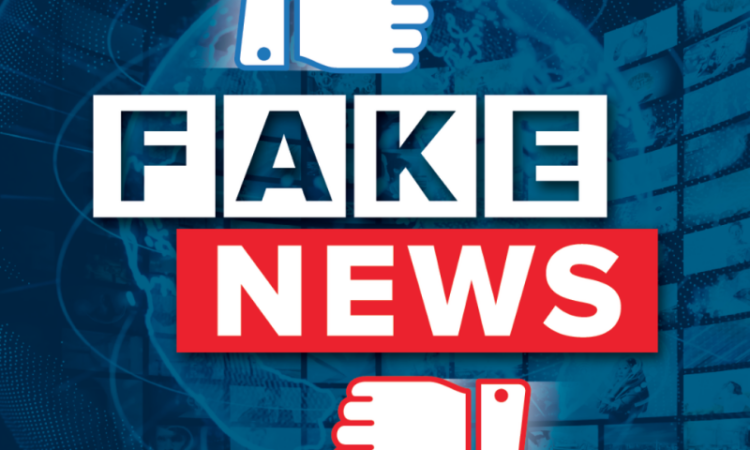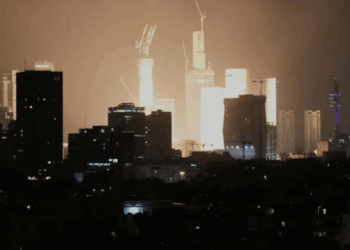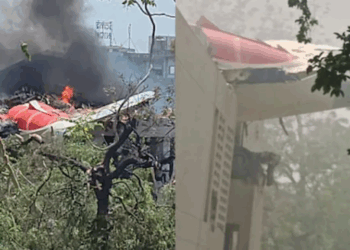Islamabad, December 3, 2024-The federal government has proposed amendments to the cybercrime law, introducing a five-year imprisonment or a fine of Rs1 million for individuals found guilty of deliberately spreading fake news, media reported on Tuesday.
The proposed changes to the Prevention of Electronic Crimes Act, 2016 (PECA) include the establishment of a Digital Rights Protection Authority (DRPA), empowered to block or remove online content deemed harmful to public safety or state interests.
Under the new draft, actions such as spreading false information, inciting fear, or disrupting peace through online platforms could result in severe penalties. “Individuals found guilty of such offences may face both imprisonment and fines,” the draft states, highlighting offences related to creating unrest or targeting public trust.
Key features of the proposed law:
- Expanded Authority:
The DRPA will have the authority to block or remove online material that:- Targets law enforcement agencies, state institutions, or individuals.
- Promotes religious or ethnic hatred, terrorism, or violence against the state.
- Includes threats, false accusations, or pornography.
- Oversight Mechanism:
Decisions by the authority can be challenged in a tribunal, ensuring checks and balances. - Composition of the DRPA:
The authority will consist of a chairman and six members, including three ex-officio members, tasked with safeguarding digital rights and ensuring cybersecurity.
Addressing misuse of online platforms
The amendments reflect growing concerns over the misuse of social media for spreading fake news and propaganda, which the government believes threaten national interests.
Prime Minister Shehbaz Sharif’s administration has repeatedly criticized the misuse of digital platforms, highlighting the impact of disinformation on public trust and national security.
Internet disruptions and monitoring
The government has also conducted multiple tests of an internet firewall, first trialed in July and August, which reportedly slowed internet speeds and disrupted digital platforms. However, the reasons for recent internet disruptions remain unclear.
Last week, Information Minister Attaullah Tarar accused the Pakistan Tehreek-e-Insaf (PTI) of exploiting social media platforms to spread fake news. He alleged that PTI used artificial intelligence to create misleading images and circulate outdated photographs from its tenure to deceive the public.
Responding to a viral video from PTI’s recent protest in Islamabad, Tarar clarified that the individual shown was not praying but filming a TikTok and was alive.
The proposed amendments underline the government’s determination to curb the spread of disinformation while ensuring the responsible use of online platforms.








